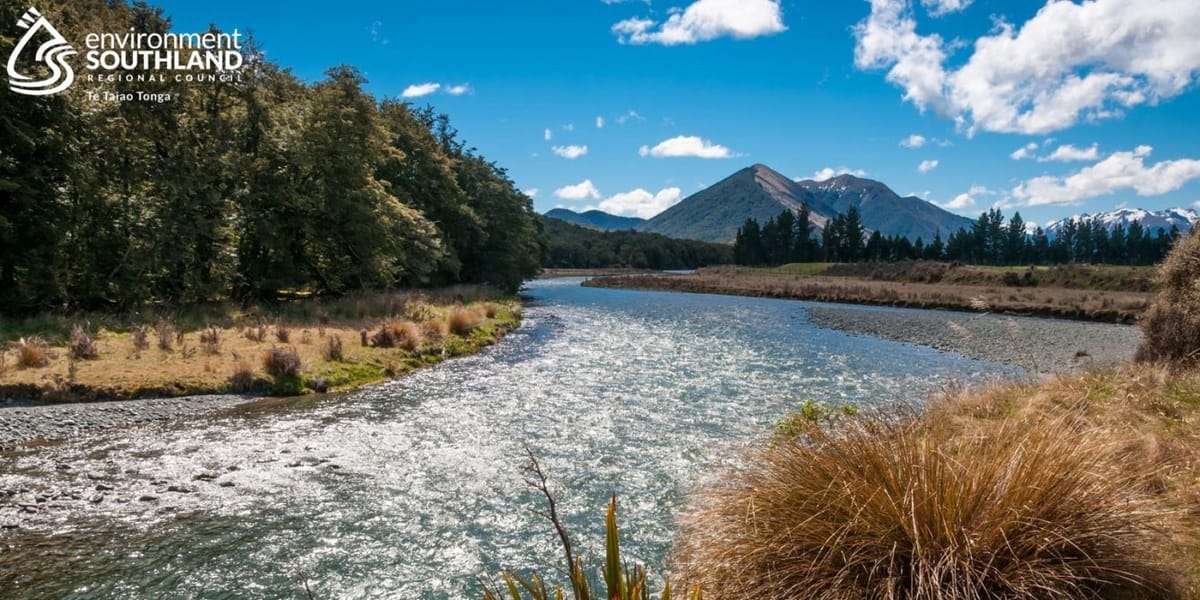
The freshwater farm plan regulations announced by the Government as part of their Essential Freshwater package in 2020 have been finalised and made public today.
Both Southland and Waikato will be the first regions to roll out these regulations.
The regulations will apply in the Aparima and Fiordland and the Islands freshwater catchments first, and farmers in those areas will have 18 months from 1 August to develop a plan and submit it for certification.
Environment Southland chairman Nicol Horrell said farm planning is an integral part of any farming business and Southland farmers have been developing these for many years.
“We have been supporting farmers to implement good practices and develop farm plans to document actions and improvements on farm. Farm plans already form an important part of the proposed Southland Water and Land Plan.”
Farm plans, either national or local, aim to support farm operators to identify the risks on their properties.
“The national regulations ensure that freshwater farm plans are tailored to the issues on-farm, to their catchment. They are not be one-size-fits-all. In Southland on-farm actions need to be tailored to the farm’s unique environment and our goals for achieving Southland’s freshwater outcomes.”
Late last year, Environment Southland, alongside Te Ao Marama Inc., agribusiness consultants, and industry bodies tested the proposed elements of the farm plan framework with landowners in the Ōpouriki and Pourakino catchments.
The pilot was also an opportunity to test how the national regulations would work with the rules in the proposed Southland Water and Land Plan, in the Southland context, which aims is to reach hauora (healthy resilience).
“The pilot was an important opportunity for the region to provide input to try and make the Freshwater Farm Plan framework as efficient as possible, and we’re pleased that our feedback was incorporated into the regulations that have been finalised today,” Chairman Horrell said.
Our feedback identified a need for longer timeframes between development of the farm plan, certification and auditing; longer timeframes for training and appointing certifiers and auditors; and the need to develop a thorough catchment context by Council.
Freshwater Farm Plans will be required for any farming operation with 20ha or more in arable or pastoral use, 5ha or more in horticultural use or any combination equalling more than 20ha.
The remaining freshwater catchments will be phased, every six months after the initial tranche in August.
The focus for Environment Southland is on confirming the appointment of qualified certifiers and auditors, and developing the local catchment context information, in partnership with Te Ao Mārama Inc.
There are differences between the national regulations and our own farm plan rules, however the extent of these differences are unknown with the proposed plan still before the Environment Court.
Further information and guidance will be available once the analysis of the regulations is complete.
